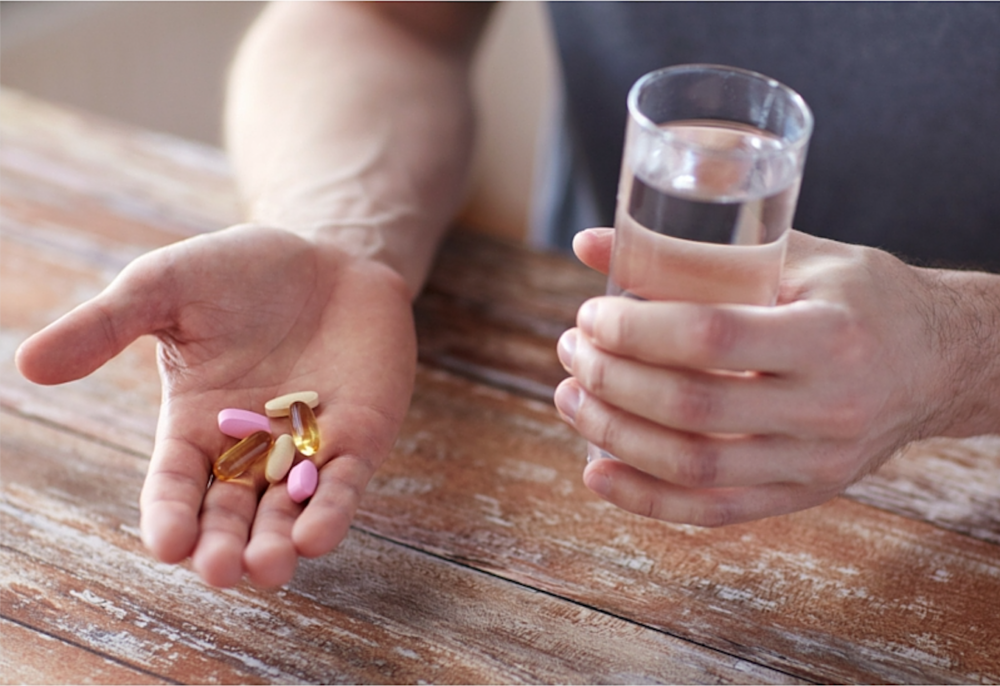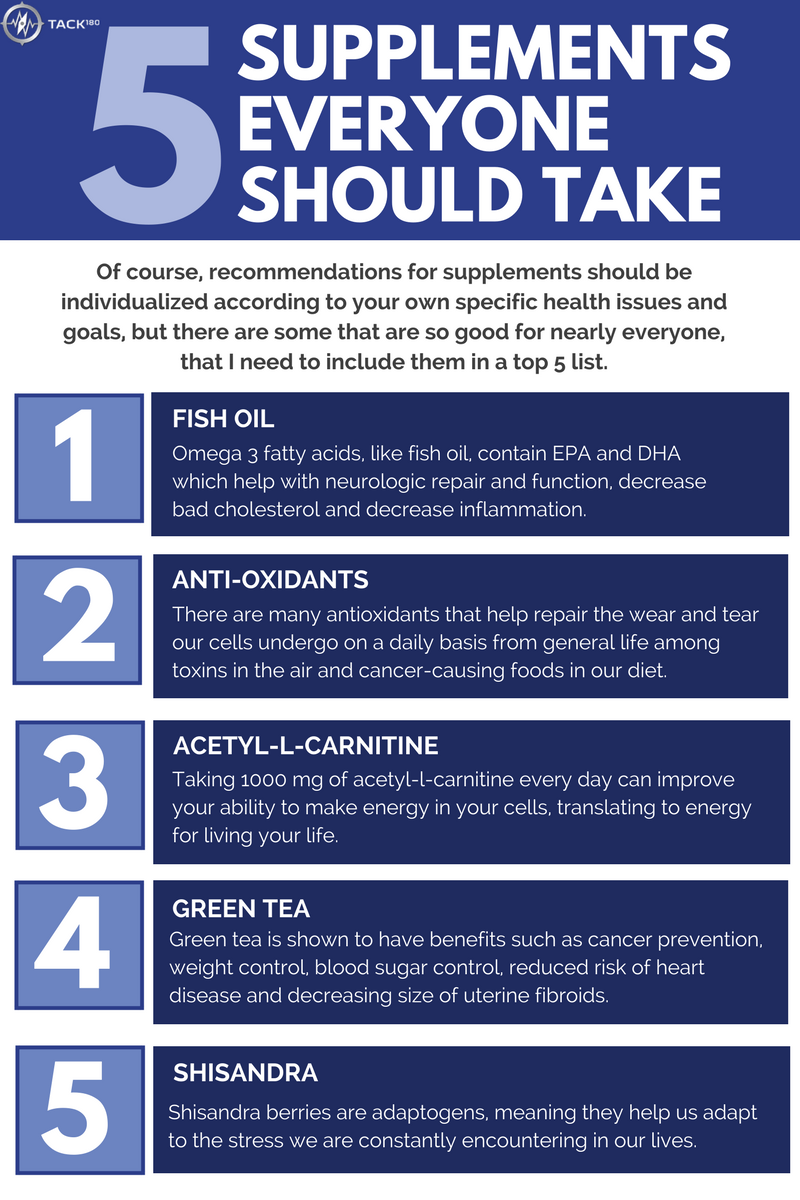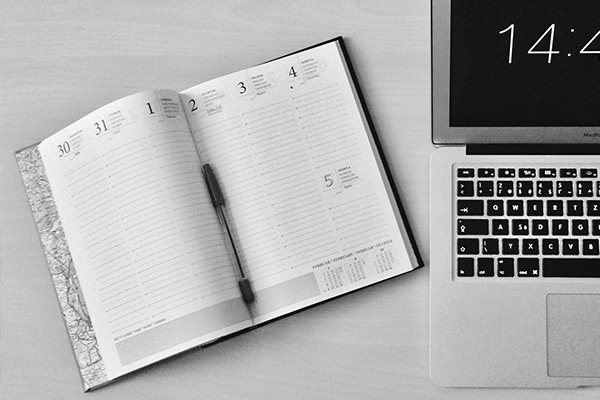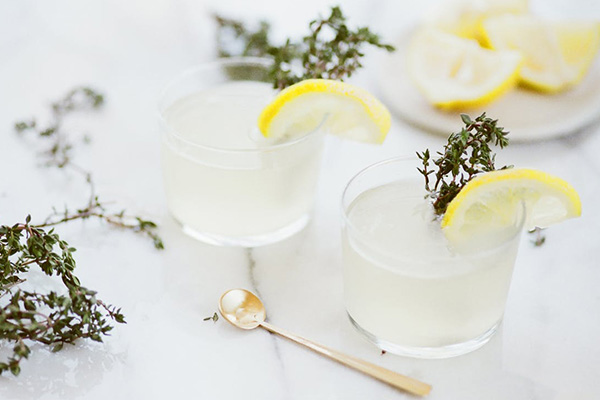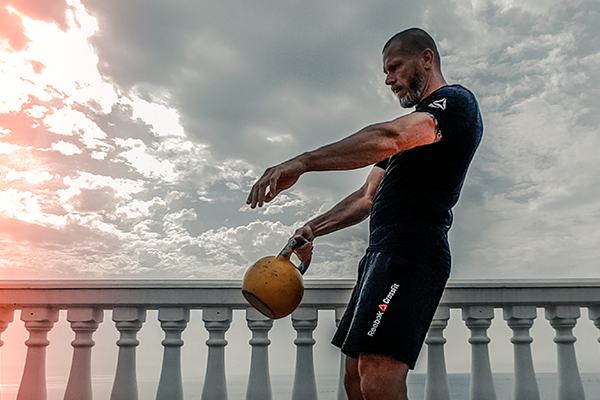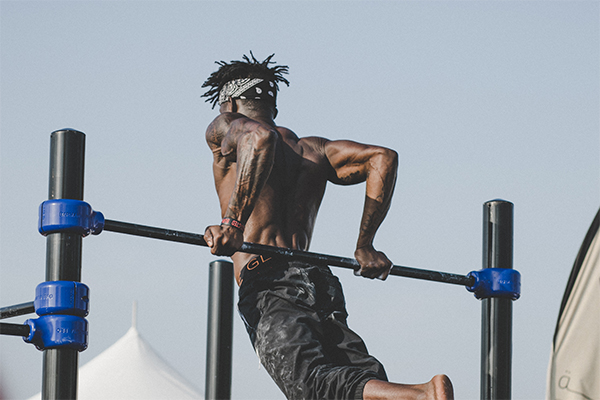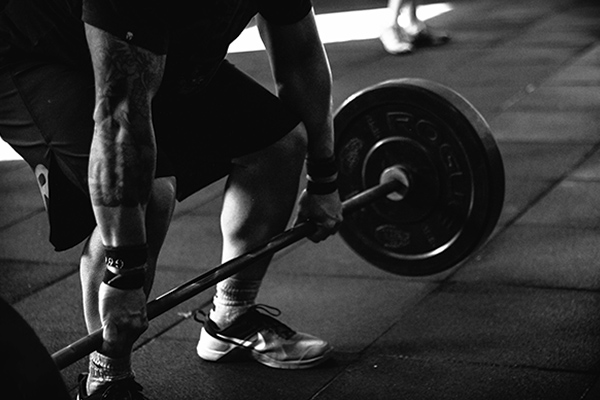Written by Myles Spar
Posted on: March 20, 2018
Share This
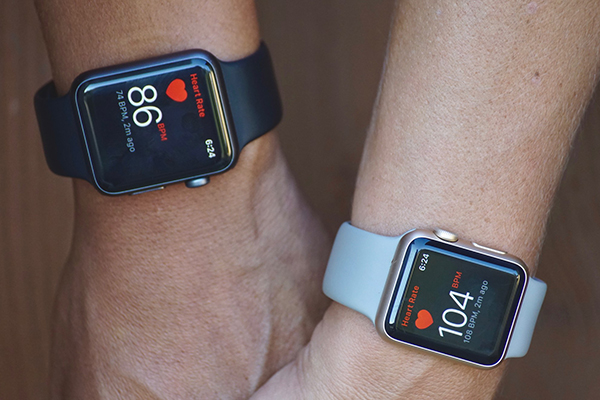
When it comes to your health, you have more power than you realize. Lifestyle choices like eating well, exercising, and managing stress can make an incredible difference when it comes to preventing chronic problems like coronary disease, diabetes, and more. I’ve seen it in my patients, and research supports my experience (you can read about how basic diet changes can affect heart health here, and I’ve written about the ways exercise can positively impact your brain here). That said, I have a deep respect and appreciation for the power of testing to potentially save your life—especially when it comes to preventing heart attack and stroke. Here are some of the most effective heart health test options.
Advanced Lipid Panel
The Centers for Disease Control reports that around 33% of American adults have high LDL cholesterol, and only 1 in 3 of these people have the problem under control—possibly in part because high cholesterol has no symptoms. While lifestyle choices like eating well and exercising can help keep your cholesterol in check, it’s important to know your levels. A lipid panel, or cholesterol test, measures the fats in your blood. This test usually consists of several different measurements, including:
– total cholesterol, or the sum of cholesterol in your body
– low-density lipoprotein (LDL) cholesterol, the “bad” kind that can lead to clogged arteries
– high-density lipoprotein (HDL) cholesterol, the “good” cholesterol that helps carry away LDL cholesterol
– triglycerides, high levels of which can increase your risk of heart disease
As I explain here, an advanced lipid panel is the better test for cholesterol because it includes particle number and Lp(a) in addition to the regular numbers listed above.
Stress Test
For this procedure, you exercise to the point where your heart is beating hard and fast so your cardiac health can be tested. Stress testing is often used to detect coronary heart disease, or the buildup of plaque in the arteries that supply blood to your heart. Among other things, this buildup can cause blood clots that block blood flow through an artery, leading to angina (chest pain) or a heart attack. Sometimes people with coronary heart disease don’t have symptoms when they’re at rest, so forcing the heart to work hard is a good way to check for problems.
CT Calcium Scan
Although it’s a useful diagnostic tool, a stress test may not be able to detect a combination of calcium, cholesterol, and scar tissue known as atherosclerotic plaque. As cardiologist and The South Beach Diet author Arthur Agatston, MD, told Everyday Health, these soft plaques can act like “ticking time bombs” that may explode without warning, causing heart attacks and sudden death. Even when these plaque explosions don’t lead to heart attacks, they form a scar that eventually becomes calcified. A CT calcium scan can detect this calcified plaque (a warning sign of coronary artery disease), which is why I include this in my Tack180 optimal health program. If you’ve had this test and your result is not 0, then it’s not optimal, and you should have a plan to prevent it from getting worse.
C-Reactive Protein Test
Since a correlation between lowering your LDL (“bad”) cholesterol and reducing your risk of a heart attack has been well established, many people rely on cholesterol checks to tell them if they have a problem. Unfortunately, as the experts at Harvard Health point out, research shows only around half of people who experience heart attacks have high LDL cholesterol. Considering this less-than-reassuring statistic, they and others recommend a C-reactive protein (CRP) test. CRP is a protein that plays a role in your body’s inflammatory response, and research suggests a link between high CRP levels and heart attack chances. In one 2002 study published in The New England Journal of Medicine, C-reactive protein tests proved more effective than LDL cholesterol testing at predicting cardiovascular risk.
Genetic Testing
Testing is now available to tell us everything from our disease risk to optimal diet or exercise regimen, but tests like this are not being done routinely by most physicians. Even when people do their own tests, such as through 23&Me, they don’t know what to do with the results. All this new information is powerful and actionable, if you consult with an expert. Remember, genetics loads the gun, but you pull the trigger through your lifestyle decisions, such as diet, exercise, sleep and stress management habits. What I mean is, your genes are not your destiny – you control what genes actually get turned on and off and how much they impact your life. But knowing your risks can help an expert give you a real plan to prevent problems. That’s what Tack180 is all about. I think the time to do genetic testing is NOW, that’s why many genetic tests and specific individualized recommendations for what to do about those results are included in every Tack180 plan.
To learn more about heart health tests that could save your life, click here or contact Tack180 by scheduling a consult below.



